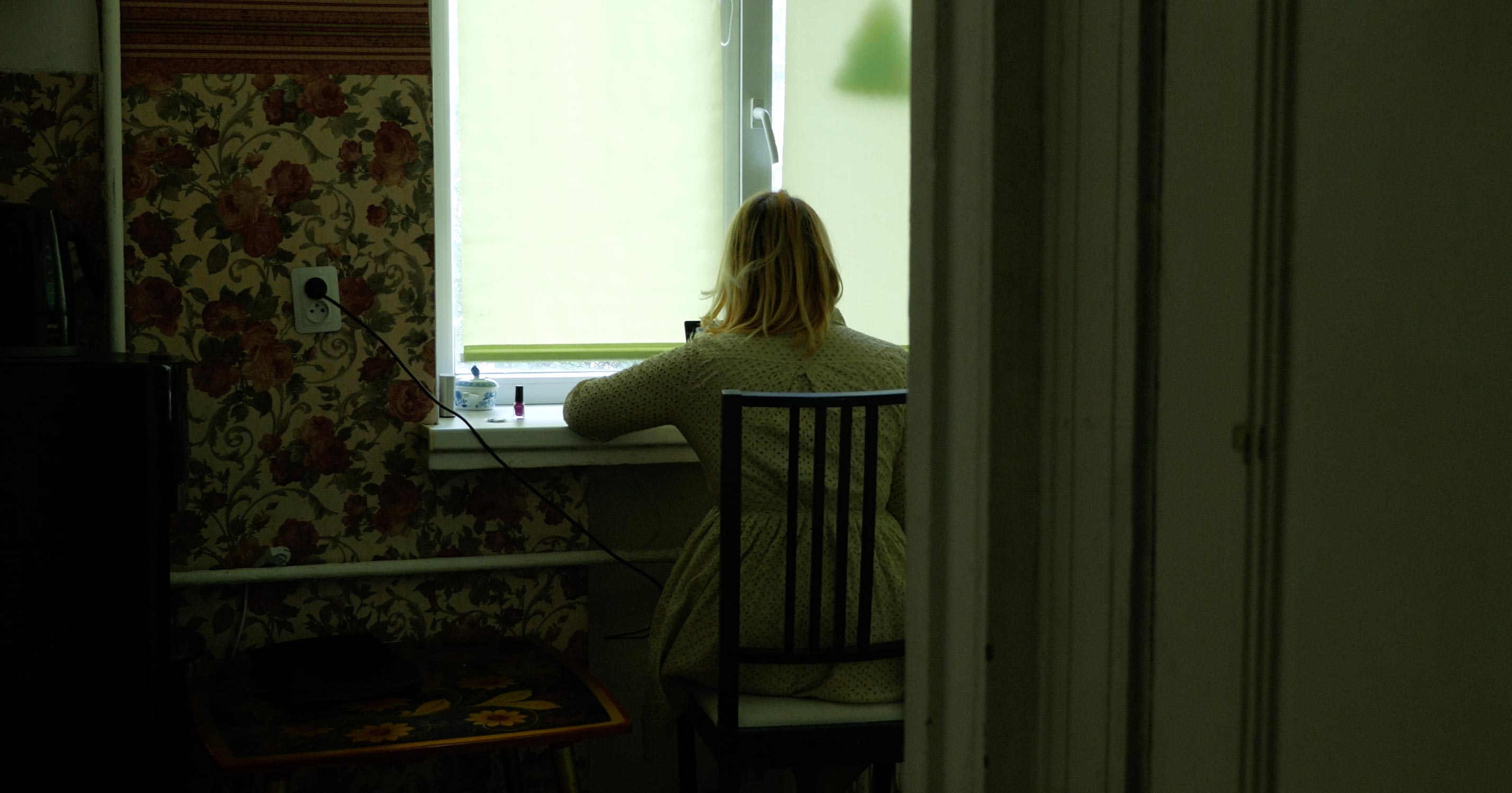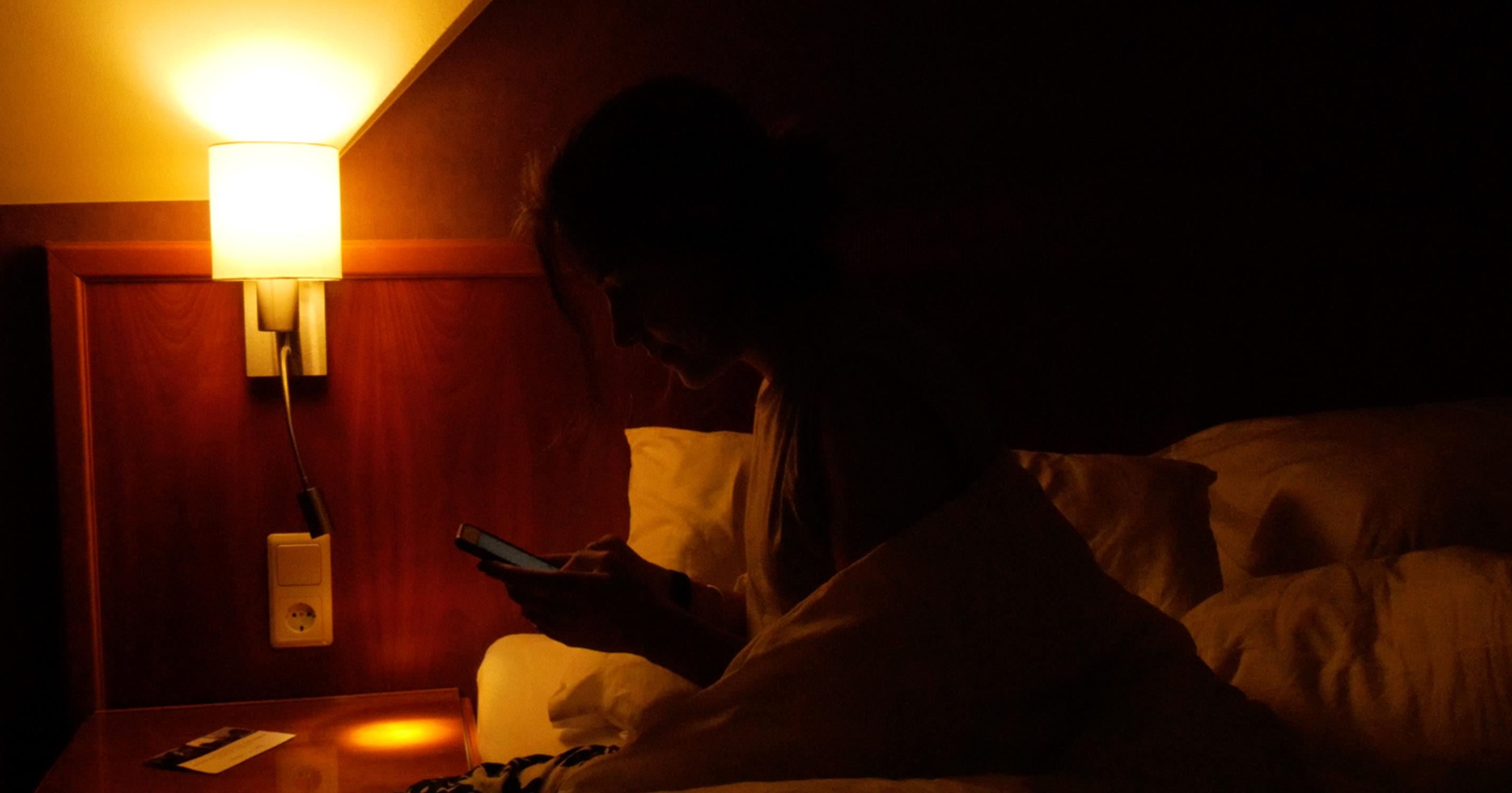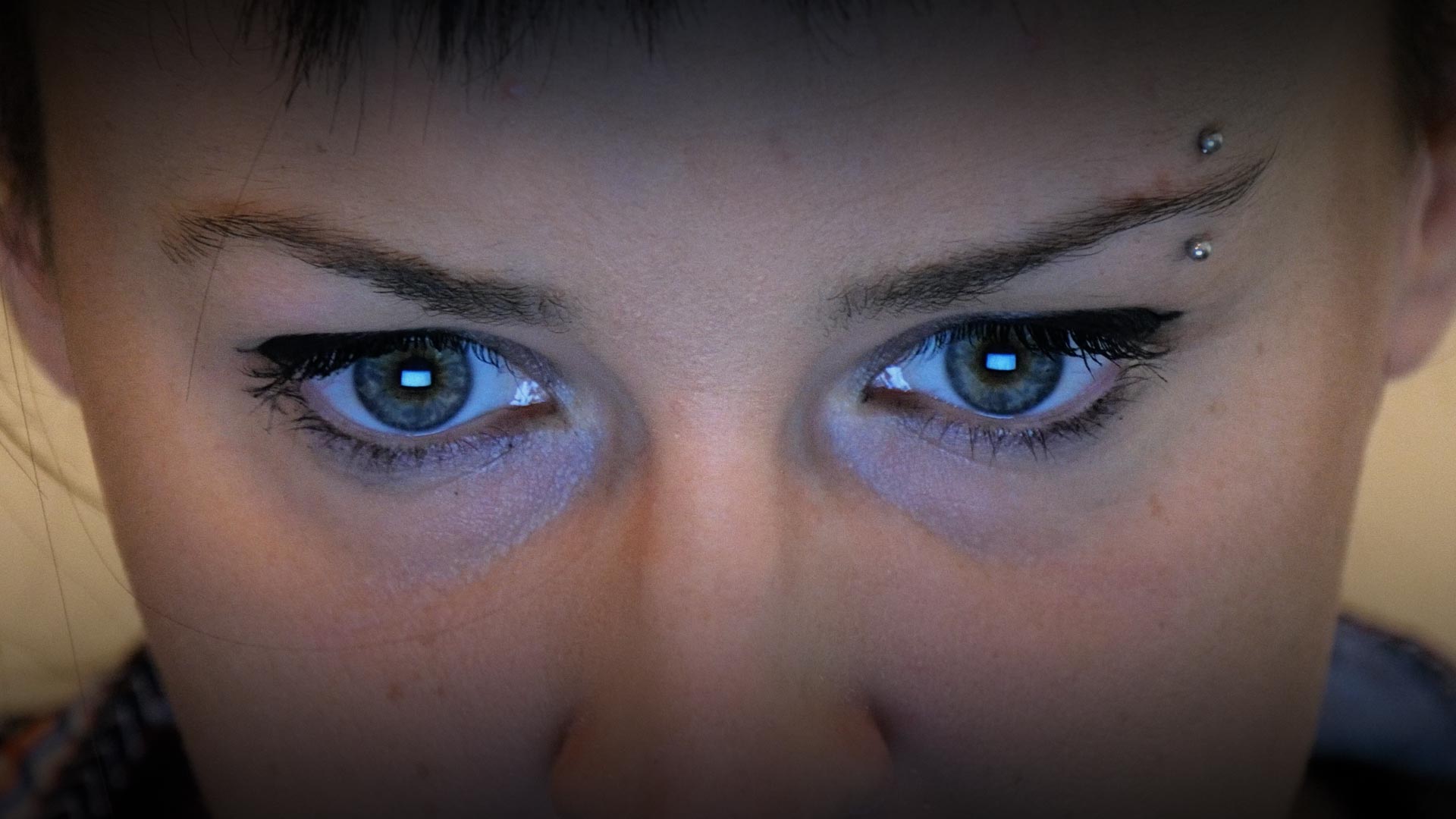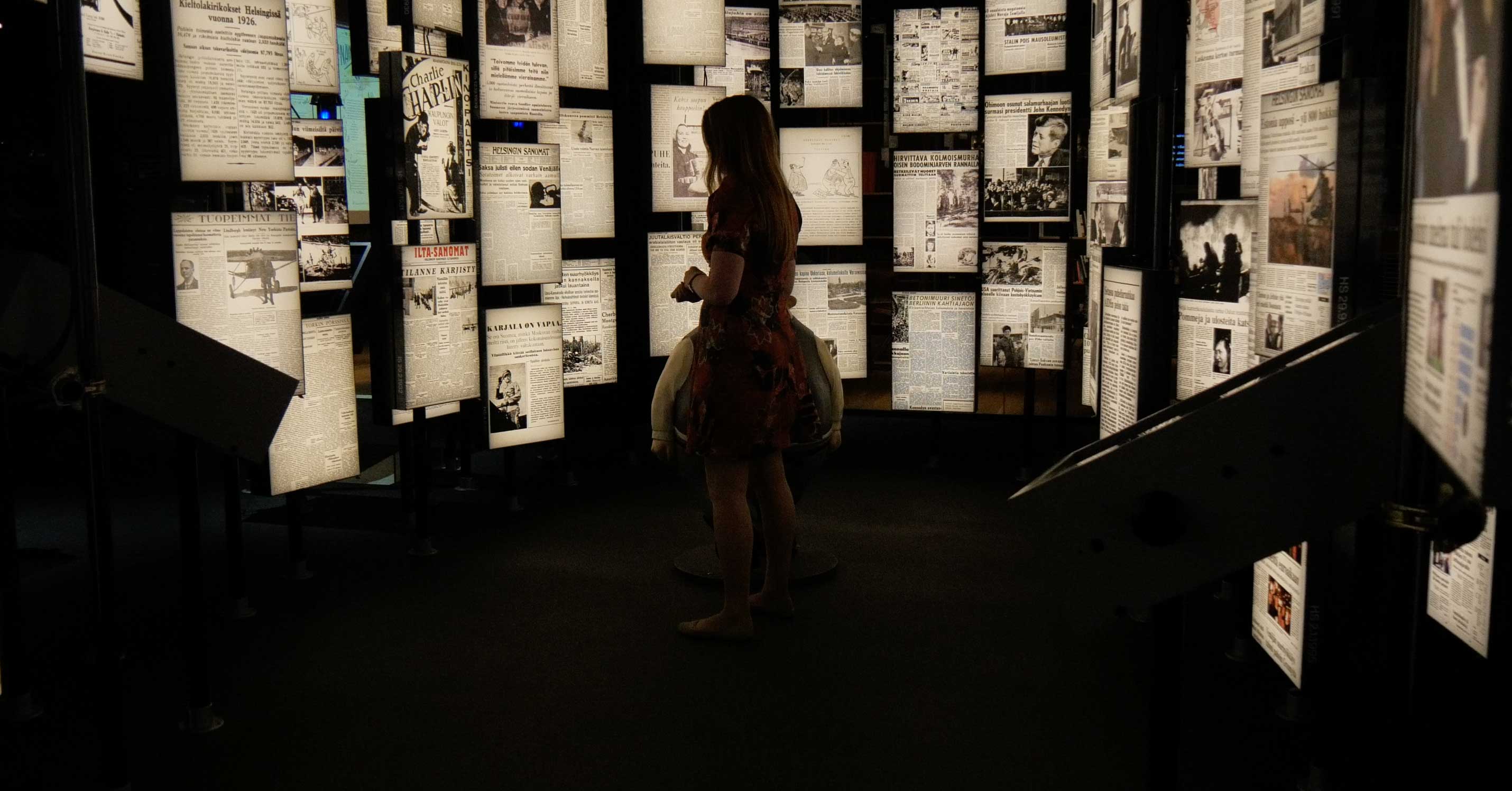Programmes – ONLINE HARASSMENT OF JOURNALISTS | A DARK PLACE
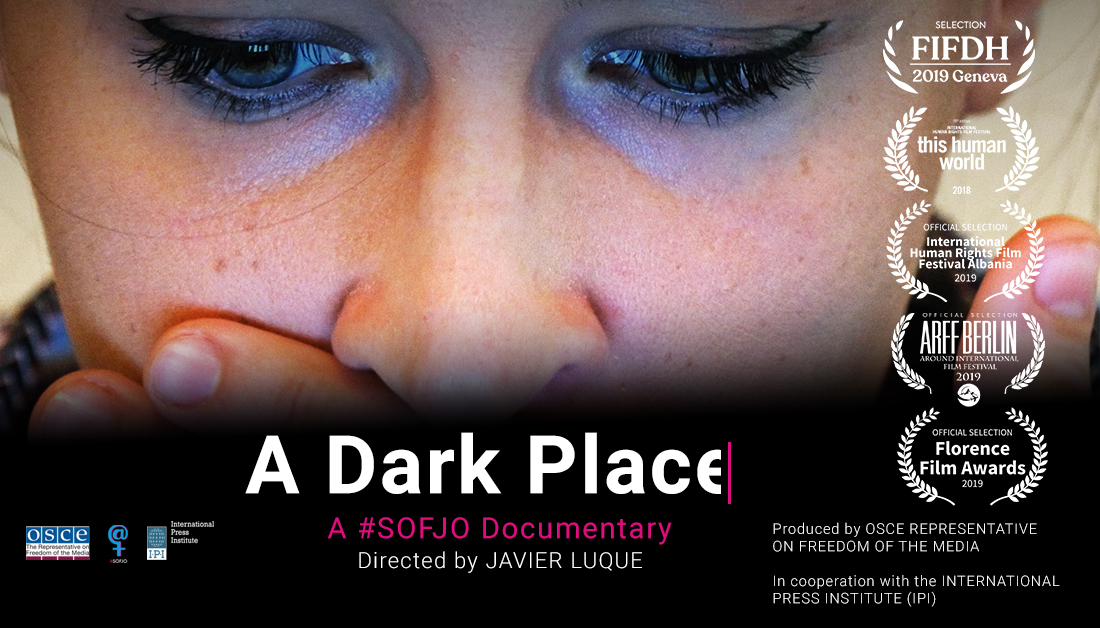
Please accept cookies to access this content
The online safety of women journalists goes beyond gender equality and press freedom, directly impacting the quality of our democracies and the public’s right to diverse sources of news. This simple truth unfolds in A Dark Place through first-hand experiences shared by leading women journalists targeted with online violence and experts in the fields of human rights, gender and media freedom from Serbia, Spain, the UK, Finland, the US., Turkey and Russia.
Produced by the OSCE Representative on Freedom of the Media, in cooperation with the International Press Institute (IPI), and filmed and directed by IPI Head of Digital Communications Javier Luque, A Dark Place premiered in Vienna on Dec. 10, 2018, on International Humans Rights Day.
Media or screening requests
OSCE Representative on Freedom of the Media Project Officer Julia Haas: Julia.Haas@osce.org
Film Director and IPI Head of Digital Communications Javier Luque: jluque@ipi.media
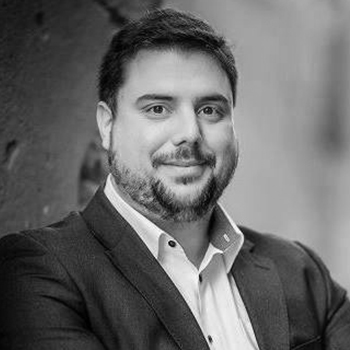
JAVIER LUQUE
Film Director
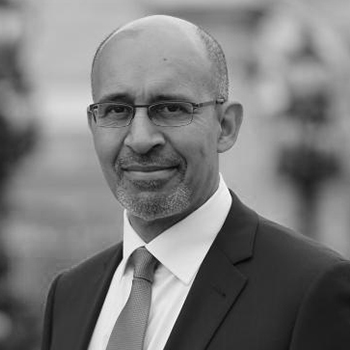
HARLEM DÉSIR
OSCE RFoM, Executive Producer
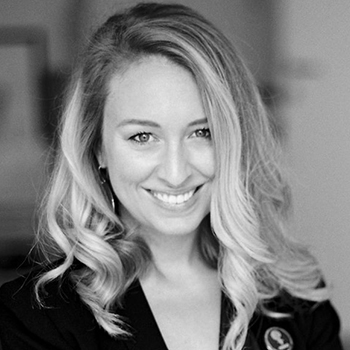
JENNIFER ADAMS
Production Manager
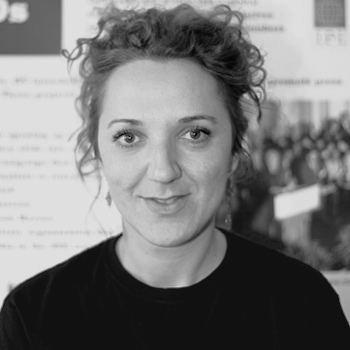
MILICA MILETIC
Production Coordinator
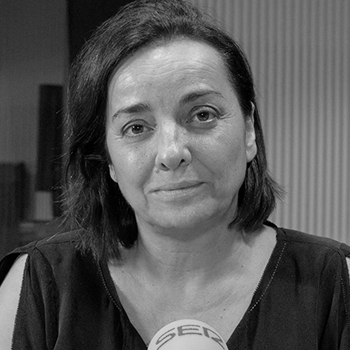
Pepa BuenoBroadcast JournalistSpain
Pepa Bueno
Anchor of the leading morning news radio show in Spain.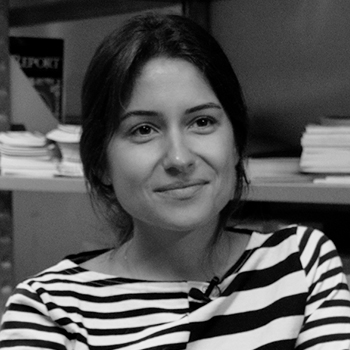
Arzu GeybullayevaFreelance JournalistAzerbaijan
Arzu Geybullayeva
Columnist, blogger, and journalist for several international media news outlets.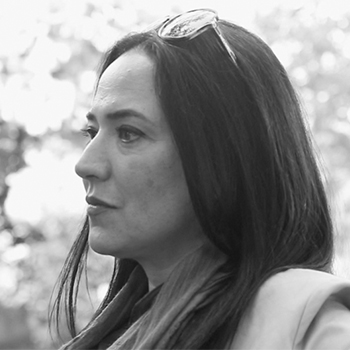
Banu GüvenBroadcast JournalistTurkey
Banu Güven
A former leading TV news anchor in Turkey and now a freelancer for international media.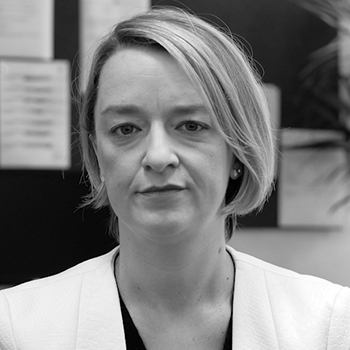
Laura KuenssbergBroadcast JournalistUnited Kingdom
Laura Kuenssberg
The first woman to be appointed BBC political editor.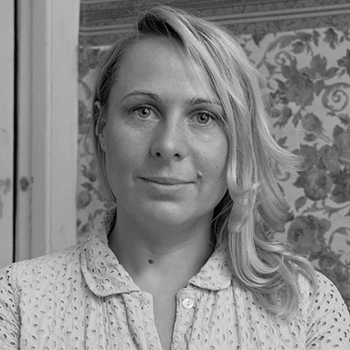
Evdokia MoskvinaDocumentary FilmmakerRussia
Evdokia Moskvina
Filmed a documentary on life after the war in Syria.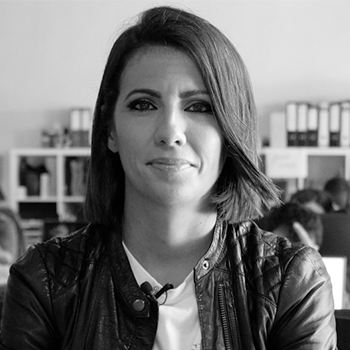
Ana PastorBroadcast JournalistSpain
Ana Pastor
One of Spain’s leading TV journalists.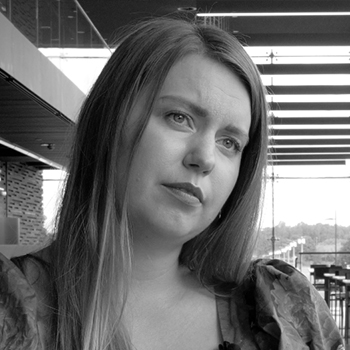
Linda PelkonenBroadcast JournalistFinland
Linda Pelkonen
Her case against online harassers set a precedent in Finnish courts.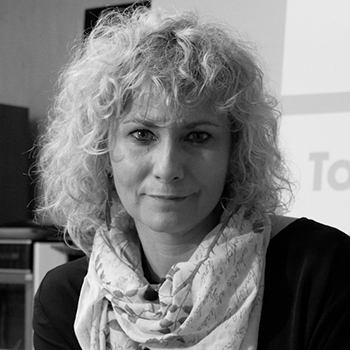
Mònica TerribasBroadcast JournalistSpain
Mònica Terribas
A leading journalist in Catalonia, she faced smears and attacks for her reporting.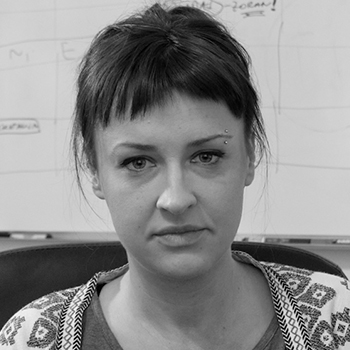
Marija VučićInvestigative JournalistSerbia
Marija Vučić
She and her investigative journalist colleagues at KRIK endure constant online attacks.On September 20, 2018, the International Press Institute (IPI) premiered a short documentary film on the online harassment of female journalists in Spain as part of the conference “Feminism, Media and Equality” in Madrid. The event was hosted by the Platform for the Defence of Free Expression (PDLI), a Spanish free-expression group and a close partner of IPI, and the Madrid city government.
The IPI documentary was filmed during an April 2018 week-long visit to Spain as part of its Ontheline project, which aims to identify best newsroom practices for preventing and better responding to online harassment of journalists, and as part of the #SOFJO campaign, led by the Organization for Security and Co-operation in Europe (OSCE), which seeks to combat online harassment against female journalists in particular. The documentary features several high-profile Spanish female journalists on their experiences with online harassment.

